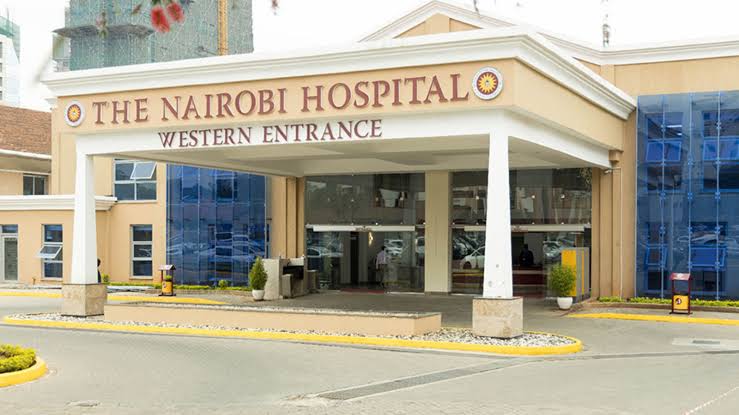Most Kenyans did not expect a simple medical notice to spark such a fierce national debate, but that is exactly what happened when Nairobi Hospital published its circumcision charges for boys aged 14 and below.
The hospital announced that parents would need to pay Ksh70,000 for a procedure done under local anaesthesia and Ksh90,000 for one done under general anaesthesia. Within minutes of the notice circulating online, social media platforms lit up with shock, anger and confusion as people tried to understand why a routine surgery carried such a steep price tag.
What frustrated many Kenyans was the belief that circumcision is a standard, straightforward procedure that rarely takes more than half an hour.
Parents argued that paying nearly Ksh100,000 for it felt unreasonable, especially during a period when most households are struggling to cope with the high cost of living.
Several users highlighted that mission hospitals, county hospitals and smaller private clinics offer the same service at a fraction of the price.
Some even shared experiences from community circumcision drives where the procedure is provided free, complete with underwear, refreshments and transport tokens for the boys.
The online conversation soon turned into a deeper discussion about whether premium hospitals are becoming disconnected from the realities of ordinary citizens.
Many questioned whether Nairobi Hospital considered the financial pressure facing families before setting the charges.
A number of people insisted that the hospital should have given a clear explanation for the cost, saying it was important for parents to understand what exactly they are paying for.
However, not everyone joined the criticism. A different group of Kenyans defended the hospital, arguing that healthcare operates in a free market.
According to them, a top-tier facility will naturally charge more because it offers higher standards of care, advanced equipment and better safety measures.
They pointed out that other high-end hospitals charge even more than Ksh100,000 for similar procedures.
Supporters of the hospital felt the outrage was unnecessary, insisting that parents are free to choose a facility that fits their budget and that no one is being forced to pay for services they cannot afford.
Beyond the pricing debate, the discussion reminded many of the cultural and medical importance of circumcision in Kenya. Across various communities, circumcision marks a significant transition for boys and remains a deeply valued practice.
Modern medical circumcision, supported by health experts, is also seen as a safer alternative that offers long-term health benefits. In recent years, government-led voluntary medical circumcision programmes have encouraged safe and supervised procedures across the country.
The controversy surrounding Nairobi Hospital’s charges has now opened a wider conversation about rising healthcare costs and whether essential services are slowly becoming inaccessible for ordinary families. It has forced Kenyans to reflect on the growing divide between premium healthcare providers and the day-to-day financial realities faced by millions.





















Add Comment